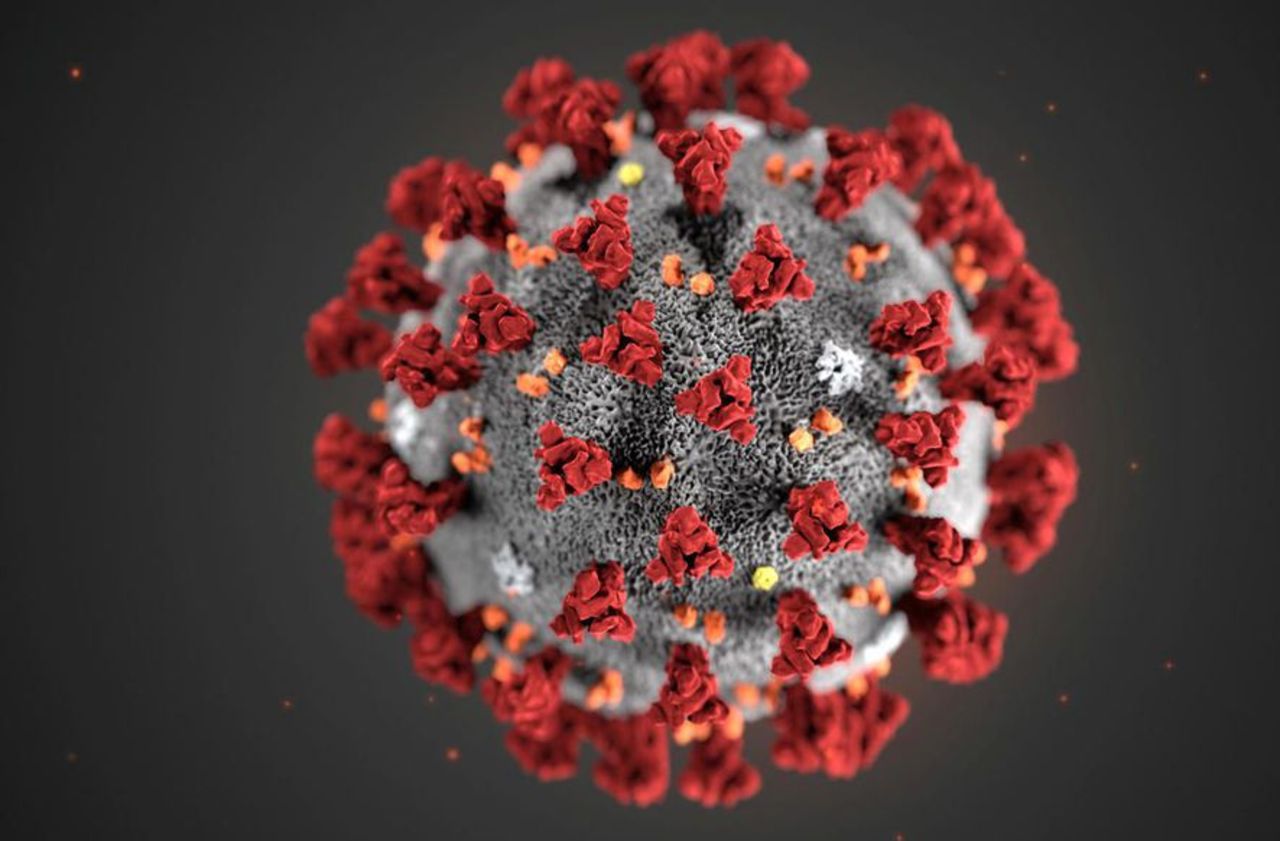What if the long-awaited cure for Covid-19 was not a vaccine? A team of French researchers claims to have found a process to fight against the disease, effective and without stings: presented in the form of nasal spray (or lozenge to be placed under the tongue), the treatment would trick the virus by diverting it from the lung cells, would inactivate it and prevent infection. At the rate of several daily doses, it could thus be used as a preventive measure.
Be careful, however, not to claim victory too quickly: this research is, for the time being, awaiting publication in a scientific journal. The treatment has only been tested in the laboratory on lung cells, never on a living subject. But, confident in their discovery, its authors filed a patent in May.
A fake larger than life
To understand this potential breakthrough, we have to look at the cell membrane, where a receptor, ACE2, nestles. Researchers have shown in recent months that it is the "lock" allowing the coronavirus to enter the cell thanks to its "key", the Spike protein, and to infect it.
The team of Professor Philippe Karoyan, professor at the biomolecules laboratory at Sorbonne University, claims to have succeeded in imitating the ACE2 “lock”, using a piece of protein, a peptide. Lured, the virus would be put out of harm's way, its "key" captured.
The idea is simple, its realization a little less. Because to make the maneuver irreversible, you need a larger-than-life scythe, able to marry Spike perfectly. Two algorithms were needed to develop 160 virtual “false locks”. Among them, 25 were synthesized and three proved to be the ideal candidates, those which Spike could not get rid of. A selection worthy of a reality TV show ...
A premature announcement?
To obtain results in three months, Philippe Karoyan surrounded himself with researchers with whom he had already collaborated. “It's an 18-hour day job that has allowed us to move forward quickly. The team made sure that the peptide is not toxic to human cells and does not cause an immune system reaction.
And now? We must already await the evaluation and publication of this research. Some, like the diabetologist Philippe Froguel, consider that the announcement of these results by the CNRS on Friday is premature. But, he says, “my reservations are not about science, except that other articles have been written on the same subject. They are not the first to have done this. Another study, also unpublished in a peer-reviewed journal, was posted online by San Francisco researchers in early August, with similar results.
Newsletter - Most of the news
Every morning, the news seen by Le ParisienI'm registering
Your email address is collected by Le Parisien to enable you to receive our news and commercial offers. Learn more
For Philippe Karoyan, the ball is above all in the court of the public authorities and the pharmaceutical industry, in order to carry out in vivo experiments: “Everything will depend on the financial means that we will succeed in obtaining. We are in discussions with many pharmaceutical groups abroad, particularly in the United States. On the French side, Sanofi did not deign to answer us. If someone is willing to invest even a million euros, we could come up with a formulated product before the end of the year. "

